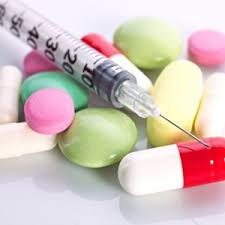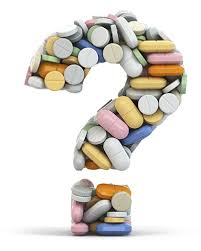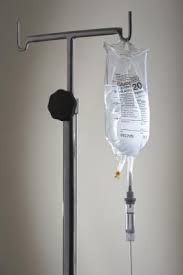 Anti-doping is not usually a consideration during the average mass participation event, however if elite sports professionals are taking part then the medical team need to be made aware of their attendance so that they can plan their medical care accordingly.
Anti-doping is not usually a consideration during the average mass participation event, however if elite sports professionals are taking part then the medical team need to be made aware of their attendance so that they can plan their medical care accordingly.
The medics looking after these athletes must have an awareness of the medications that can be administered with no implications, and of those that will require the athlete to submit a medical exemption form retrospectively – known as a TUE.
Background to anti-doping
All elite athletes are expected to compete in their sport on a level playing field, and as such are part of an anti doping testing scheme both in and out of competition to catch those who are taking performance-enhancing substances.
Each athlete is under the jurisdiction of their National Governing Body (NGB), and will have a list of substances and procedures that are banned ether in competition, or both in and out of competition.
It is the athletes responsibility to make sure that every drug and product they take is legal within their sport and to help them in this they are asked to visit the Global Dro website (www.globaldro.com) which will give them specific product information for their sport.
 What happens if an athlete needs to take a medication?
What happens if an athlete needs to take a medication?
If an athlete requires a medication for a medical reason, they are asked to try alternatives that are not on the banned list for their sport. If there is no alternative available, then they are permitted to take the substance, but will be required to fill in a Therapeutic Use Exemption Form (TUE) and submit it in advance of the event. This process is usually overseen by a doctor working from within their sport, and relevant specialists in the specific medical condition.
What happens if the athlete needs medication in an emergency situation?
If this medication has been given on an emergency basis, then the athlete can submit this as a retrospective TUE. For this reason, any elite athlete who is treated by the medical team, should be given a full list of all medications given, so that they have supporting documentation.
Are there differences between brands of medications between countries?
Some products in one country vary in contents to that of the same name in another. This is a common problem for example in cold and flu type medications available over the counter, e.g. decongestants. Therefore it is vital to ensure that the medication that is being given from one country is legal for that sport. This is the athletes responsibility, however the medical team may be asked to clarify. In this situation Global Dro, the team doctor and or the event medical director should be consulted for advice.
 Are intravenous fluids ok to give?
Are intravenous fluids ok to give?
As part of the testing procedure, the concentration of the urine sample produced is analyzed. If too dilute then the concentration of any potential illegal drug will be affected. For this reason, the administration of intravenous fluids (over 100ml in 12 hours) is listed as banned unless in an emergency situation. This includes fluids used to dilute medications for administration. If an athlete at an event is deemed necessary to require IV fluids of any sort, then the medical director or medical lead should be consulted beforehand. This can only been delayed if there is an immediate threat to life or limb. Alternatively (if present) the team doctor can make this decision. A retrospective TUE will then be required.
Which athletes are tested?
Athletes are tested both in and out of competition. Those entering a race will not know in advance if they will be tested on that day. Commonly those who finish in the top 3 positions are tested, with the possibility of random selection also being possible. The athlete will be notified subsequent to finishing and will be assigned a chaperone to accompany them from that point onwards. The athlete is allowed to eat and drink what they wish, cool down and attend press commitments prior to testing. If medically unwell, the athlete maybe excused from the test, however it is likely to only be delayed rather than cancelled.
How can I find out more on this topic?
Feel free to contact us at enquiries@sportsmedicsltd.com and we will be happy to help answer your questions. More info can also be found at www.ukad.org.uk/


